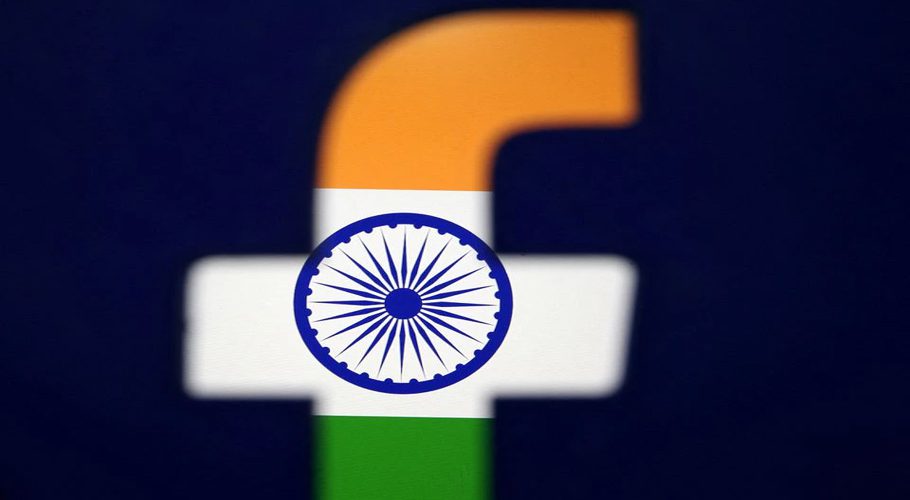NEW DELHI: On Feb. 2, when Meta Platforms (META.O) reported Facebook’s first-ever quarterly drop in daily users, its finance chief identified higher mobile data costs as a unique obstacle slowing growth in India, its biggest market, the U.S tech giant own research revealed that many women have shunned the male-dominated social network because they’re worried about their safety and privacy, according to the Meta research, which hasn’t been previously reported.
The U.S. tech group posted the findings of its own research into Facebook’s business in India on an internal employee forum on the same day. The study, conducted over the two years to the end of 2021, identified different problems.
“Concerns about content safety and unwanted contact impede women’s FB use,” said the study, reviewed by Reuters, as it detailed the platform’s main challenges.
“Meta cannot succeed in India while leaving women behind.”
Other obstacles included nudity content, the perceived complexity of its app design, local language and literacy barriers and a lack of appeal among internet users seeking video content, according to the research, which was based on surveys of tens of thousands of people as well as internal user data.
FAMILY DOESN’T ALLOW FB
Men accounted for 75% of Facebook’s monthly active users in India last year. That compared with 62% of internet users more broadly in early 2020, the researchers found.
“While there is a gender imbalance in internet use across India, the imbalance among Facebook users is even more pronounced,” said the study, adding that online safety concerns and societal pressures were among reasons deterring women from the platform.
The researchers found that 79% of female Facebook users had “expressed concern about content/photo misuse”, while 20-30% of overall users were estimated to have seen nudity on the platform within the last seven days in the largely conservative country.
Family disapproval – “Family doesn’t allow FB” – was a major reason cited by women for not using Facebook, the study found.
WHERE DO YOU LIVE?
Depicting struggles of women users, one research slide showed a picture of an Indian woman walking on a street wearing a saree with which she covered her head and face, a tradition common in many parts of India.
Next to this image was the account of a woman who said she had received 367 friend requests from strangers, with a string of comments on photos like “very beautiful”, “where do you live”, “you look good”.
The comments stopped after she used the “locked profile” feature, according to the woman cited, referring to an option Facebook introduced in 2020 in India allowing users to restrict viewing of pictures and posts to non-friends.
By June 2021, the feature had been adopted by 34% of women users in India, said the internal report, but more work was needed, with “bold product changes”, to address the problem of low uptake of Facebook among women.
Facebook has faced criticism globally from online safety campaigners for not doing enough to safeguard women from bullying or harassment. In 2019, the platform said it had a team of people focusing “just on making sure we are keeping women safe”, using technology tools to remove content deemed unsafe.





































